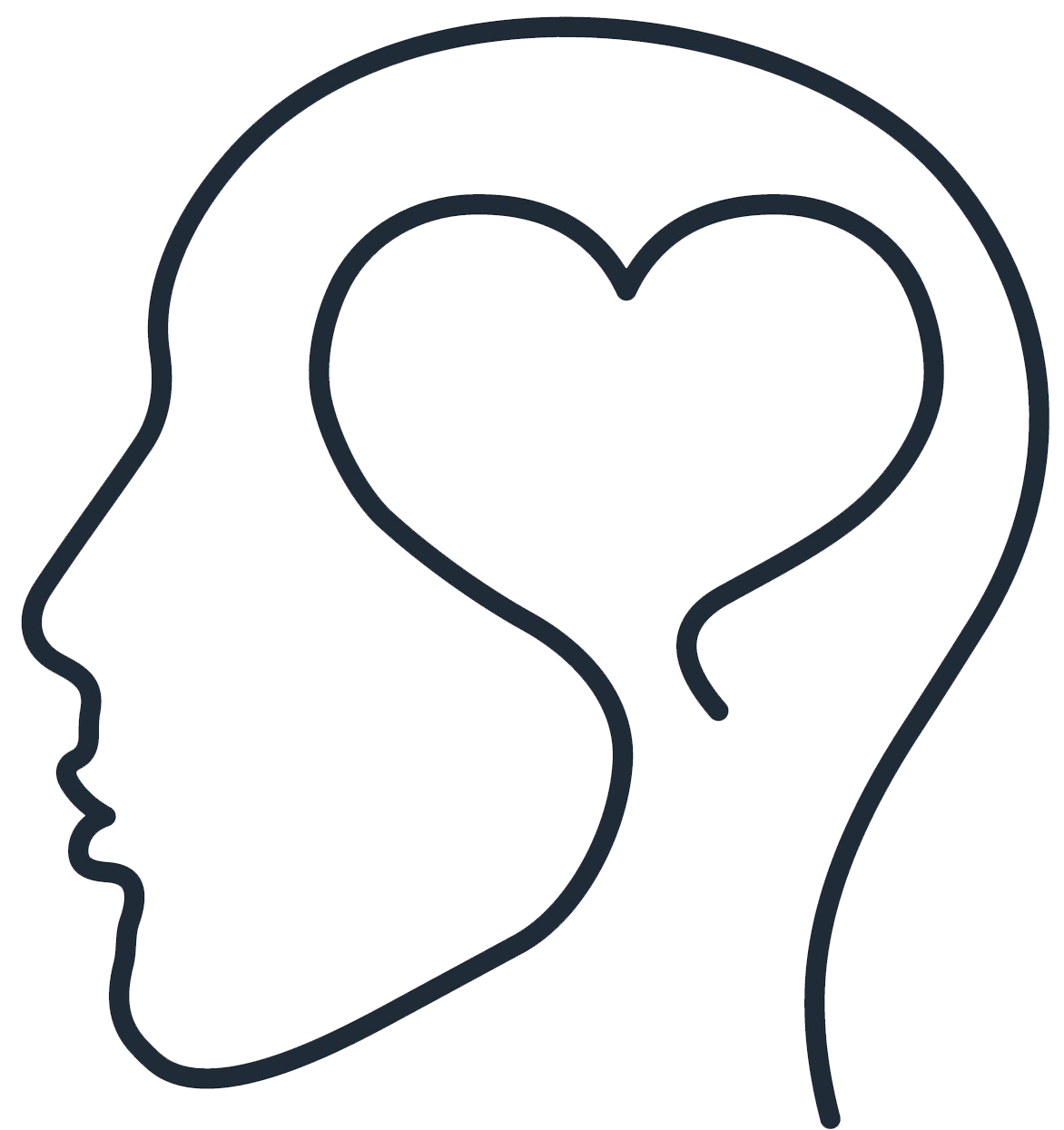Stress and sleep have a reciprocal relationship. High levels of stress can contribute to trouble sleeping, and poor-quality or insufficient sleep can lead to maladaptive changes to the stress response.
Therefore, in addressing either it is necessary to understand and develop interventions, strategies and tactics to prevent and mitigate the adverse impacts that arise if an individual is stressed and/or sleep affected.
To this end Keystone therapy is pleased to announce that as of 1st December 2023 that it will be offering, in addition to other therapeutic services, a series of stress and sleep management approaches that support the prevention and mitigation of the adverse impacts that can give rise to mental and physical health issues (see the Psychoneuroimmunology section on this FB page and also https://www.verywellmind.com/relationship-between-stress… & https://www.ncbi.nlm.nih.gov/pmc/articles/PMC9265846/
For more information of this very important topic please contact us.
We provide specific therapy designed to mitigate and ameliorate the impacts of insomnia* upon the psychological, neurological and immunological systems that can lead to mental and physical health problems.
(* Insomnia is a common sleep disorder that can make it hard to fall asleep or stay asleep. It also can cause you to wake up too early and not be able to get back to sleep. Cognitive behavioral therapy, sometimes called CBT, can effectively treat long-term sleep problems like insomnia. Generally, it’s the first treatment recommended.
CBT helps you find out which thoughts and behaviors cause sleep problems or make them worse. You learn how to replace these thoughts and behaviors with habits that support sound sleep. Unlike sleeping pills, CBT helps you overcome the causes of your sleep problems.)








